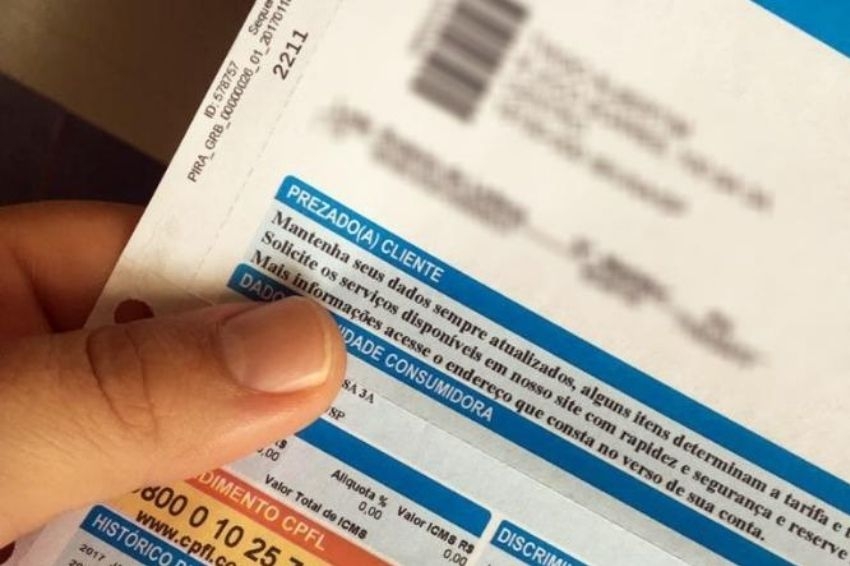The IBGE (Brazilian Institute of Geography and Statistics) released on Tuesday (25) the IPCA-15 (Extended National Consumer Price Index 15). The Index changed by 0.23% in August. In the Housing group, the highlight was electricity, which changed 1.61%.
According to IBGE, the increase was due to tariff adjustments approved by ANEEL (National Electric Energy Agency):
- Belém (2.73%): adjustment of 2.86%, as of August 7;
- São Paulo (3.34%): adjustment of 3.60% at one of the concessionaires, in effect since July 4th;
- Fortaleza (1.18%): adjustment of 3.20%, from July 1st;
- Salvador (2.24%): adjustment of 4.41%, effective since July 1st;
- Recife (2.89%): adjustment of 4.55%, in effect since July 1st;
- Belo Horizonte (1.46%): adjustment of 2.59% from July 1st;
- Porto Alegre (1.49%): adjustment of 5.23% at one of the concessionaires, starting July 1st.
Please note that, at the end of May, ANEEL decided to maintain the green tariff flag, in which there is no additional charge on the electricity bill until the end of this year.
The only areas where electricity prices fell were Curitiba (-2.59%) and Brasília (-0.36%), both due to reductions in PIS/COFINS rates.
Brazilians consider the electricity bill to be very expensive
Nine out of ten Brazilians would like to produce their own electricity, through renewable sources, while 84% of consumers consider the tariff charged on their electricity bill to be expensive or very expensive in the country. This is what the latest Ibope Intelligence survey of 2020 pointed out, commissioned by Abraceel (Brazilian Association of Energy Traders).
Rodrigo Sauaia, CEO of ABSOLAR (Brazilian Association of Photovoltaic Solar Energy), highlights that the reason for this strong consumer interest is linked to three fundamental factors: the reduction in prices of photovoltaic equipment, the increasing increase in consumer electricity tariffs and a Brazilians' growing awareness of economic and sustainability issues.
“Another important factor that is increasingly drawing the attention of governments and the National Congress is the gigantic potential for generating jobs and income from solar energy. This will be crucial for Brazilians as they emerge from the pandemic, which has left many unemployed in the country. As it is a very dynamic market, with a strong attraction for investments, solar energy is a lever for the sustainable economic development of Brazil”, explains Sauaia.
“Solar energy is competitive and few investments are as profitable in Brazil as a photovoltaic system, since Brazil's electricity tariff is one of the most expensive in the world, which has constantly led many consumers to use solar energy. technology”, adds Ronaldo Koloszuk, president of the Board of Directors of ABSOLAR.
IPCA
The IPCA is the Broad Consumer Price Index. This important index is measured monthly by IBGE to identify price variations in commerce. It is considered, by the Central Bank, the official Brazilian inflation or deflation index.
To calculate the IPCA-15, prices were collected between July 15th and August 13th, 2020 and compared with those in force from June 16th to July 14th, 2020.
The indicator refers to families with an income of one to 40 minimum wages and covers the metropolitan regions of Rio de Janeiro, Porto Alegre, Belo Horizonte, Recife, São Paulo, Belém, Fortaleza, Salvador and Curitiba, in addition to Brasília and Goiânia.
The methodology used is the same as the IPCA, the difference is in the price collection period and geographic coverage.
















